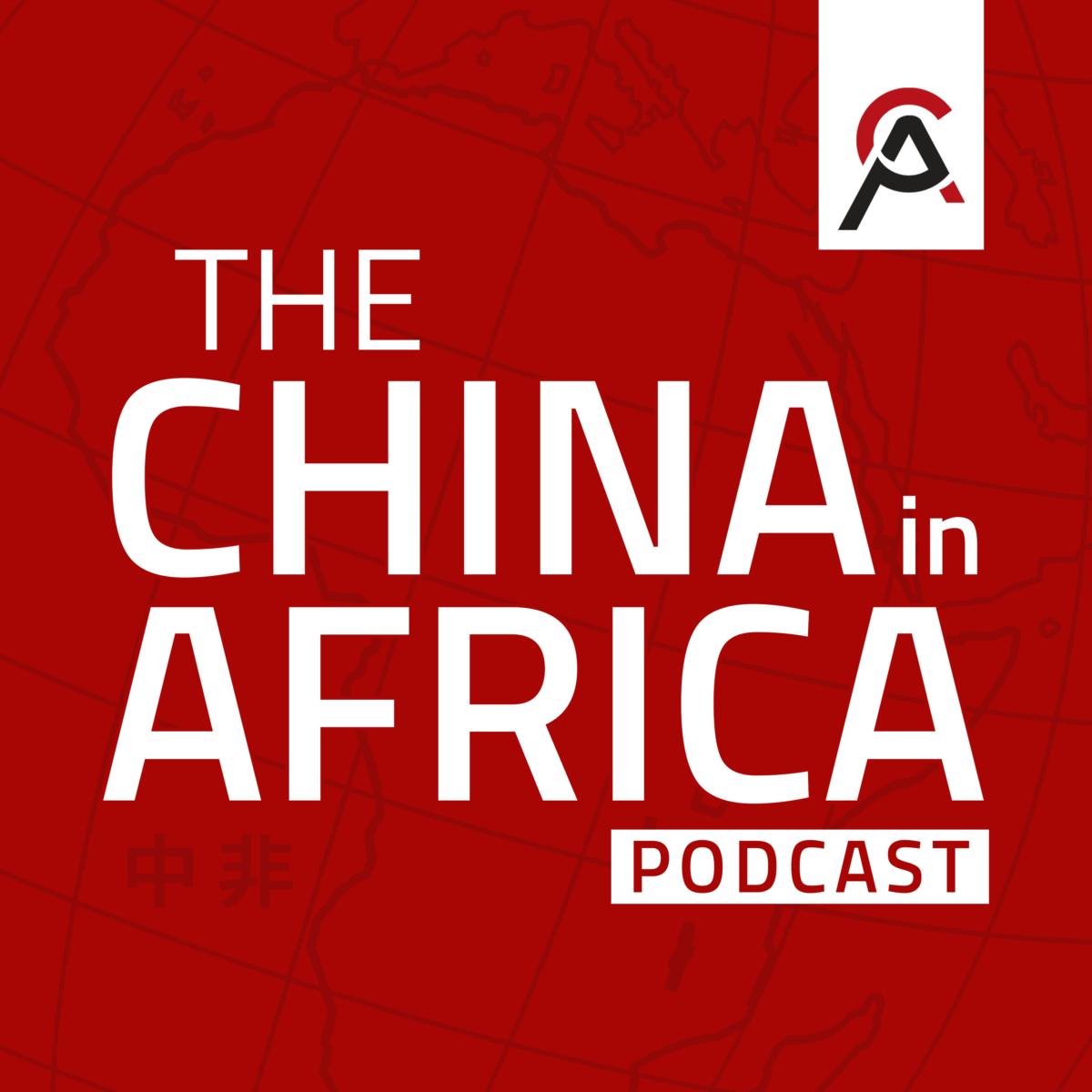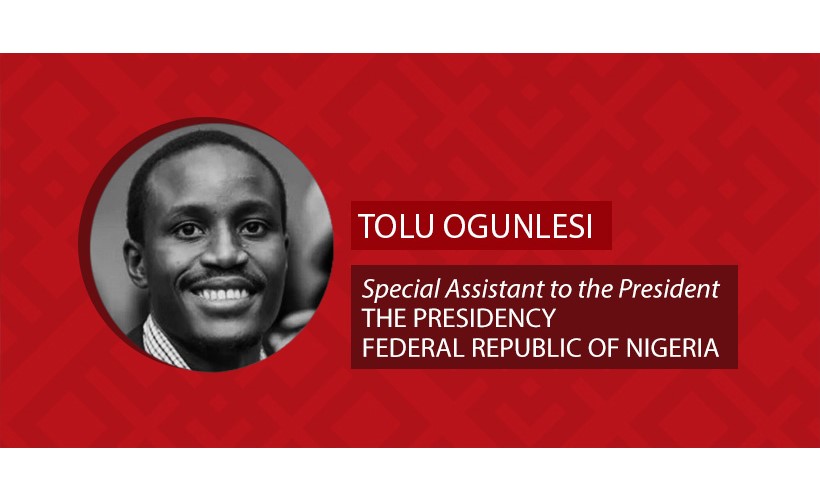Tensions between the United States and China have deteriorated significantly in recent years amid bitter disputes over trade, technology, and geopolitical competition around the world. Other countries are increasingly being drawn into this rivalry and either directly or indirectly forced to choose a side.
But in Africa, there’s growing resistance to the idea that countries have to be aligned with either the U.S. or China.
Kenyan President Uhuru Kenyatta addressed the issue during a recent visit to Washington, D.C., where he warned larger powers that Africa will not be anyone’s prize to win in a new great power rivalry.
“Western countries, and their counterparts in Asia and the Middle East, are returned to competition over Africa, in some cases weaponizing divisions, pursuing proxy actions, and behaving like Africa is for the taking.
“Well, I want to tell you it is not,” he said at the Atlantic Council think tank.
President Kenyatta’s sentiments are shared across the continent, particularly in West African countries like Nigeria, Ghana, and Liberia, which all have deep historical ties with the United States but are also now important destinations for Chinese investment and infrastructure development.
But no other country in Africa is as important today as Nigeria. With the continent’s largest economy and largest population, Nigeria has a burgeoning domestic market that is attracting record amounts of U.S. and Chinese investment — especially in the country’s booming tech sector.
So Nigeria has a lot at stake in balancing ties with both the United States and China, but doing so is not always easy. And this balancing is part of what Tolu Ogunlesi does as a special assistant to President Muhammadu Buhari for digital and new media issues. Tolu is also an accomplished journalist and influential international affairs commentator with more than half a million followers on Twitter.
Tolu joins Eric and Cobus to discuss the delicate balancing act that Nigeria and other African countries are having to do to maximize their countries’ national interests with both the U.S. and China.







